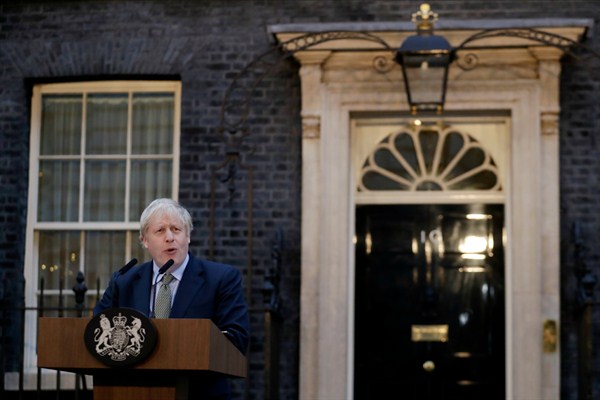LONDON—In the weeks leading up to the British general election last Thursday, all the opinion polls suggested that the Conservative Party was on course for a large parliamentary majority, with the Tories enjoying an average lead of 10 points over the opposition Labour Party. Yet despite the polls having pointed in that direction all along, few observers expected such a crushing victory. In the end, the Conservatives took 365 seats, handing them an 80-seat majority and dealing Labour its most brutal defeat since 1935.
But it isn’t simply the scale of the Tories’ victory that provoked disbelief. It was the nature of it as well. The Conservative Party won its largest majority since Margaret Thatcher’s third electoral victory in 1987 by poaching solidly Labour seats in the north of England—Labour’s so-called Red Wall where many districts had never before sent a Conservative MP to Parliament. The constituency of Bishop Auckland, for instance, turned Tory blue for the first time since its creation in 1885. Mining communities and post-industrial towns from across the English rust belt—including longtime Labour strongholds such as Ashfield, Bassetlaw, Bolsover, Blyth Valley and Workington—all backed the Tories for the first time in generations. The historic shift allowed Prime Minister Boris Johnson to achieve what many experts regarded as impossible just a week ago.
There is little doubt as to what lay behind the Conservative Party’s success. The Tories fought a disciplined campaign full of catchy, memorable soundbites that were light on detail but clearly communicated the party’s offer to the electorate. Its central slogan, “Get Brexit Done,” took an unambiguous position on the single biggest issue in British politics, promising a cathartic release from all the rancor that has infected political discourse since the 2016 referendum.

